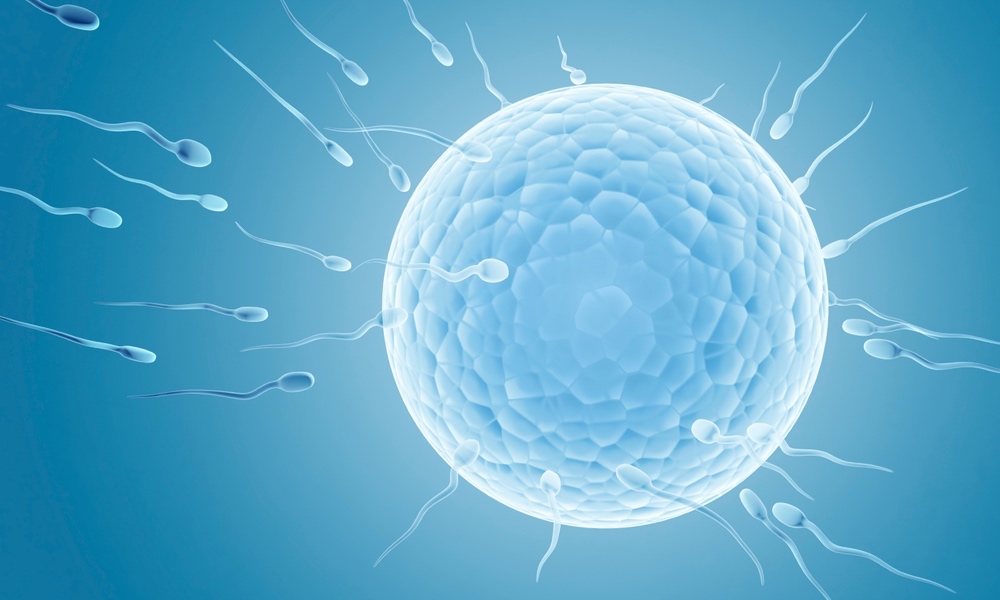Cannabis has become one of the most widely used recreational drugs in the world. Many studies have looked at how using cannabis affects fertility and testosterone levels in men. Few studies, however, had examined how cannabis affects female fertility, especially its impact on egg cells, or oocytes, and embryo formation.
Canadian scientists analyzed more than 1,000 samples of unused follicular fluid from consenting patients undergoing IVF. They found that samples with increasing concentrations of tetrahydrocannabinol (THC), the psychoactive ingredient in cannabis, were associated with faster egg cell or oocyte maturation rates and fewer embryos with the correct number of chromosomes compared to the control group with no THC.
Because egg cells are the largest cells in the body, all the proteins and different components inside the cell will drive the first few cell divisions and the first few days of embryonic development, Cyntia Duval, lead author on the study, told TheDoctor.
These cells are very sensitive to environmental factors. Any triggers, such as exposure to chemicals that modify the oocyte's DNA and histone proteins that help read genetic instructions encoded in the DNA, can affect gene expression. The altered genes are passed down to an embryo.Egg cell samples with increasing concentrations of tetrahydrocannabinol (THC) were associated with faster oocyte maturation rates and fewer embryos with the correct number of chromosomes.
In addition to testing patients' follicular fluid, the researchers did in vitro laboratory experiments to simulate the effects of THC exposure on the immature oocytes of 24 patients. Increasing concentrations of THC metabolites had similar effects to those seen in the first experiment on chromosome distribution. The rate of oocyte maturation, however, only significantly increased at THC metabolite concentrations greater than those in the first experiment.
Female patients undergoing IVF are advised to avoid cannabis during treatment and pregnancy. Women in the general population, however, might not think cannabis can have an effect on their fertility, but the results here suggest it may.
“I hope this work will give providers data to support their recommendations by showing how cannabis and cannabinoids can alter the chromosome distribution of an oocyte and an embryo,” Duval, a postdoctoral lecturer at the University of Toronto and postdoctoral research fellow at Create Fertility Centre, explained.
The study is published in Nature Communications.





